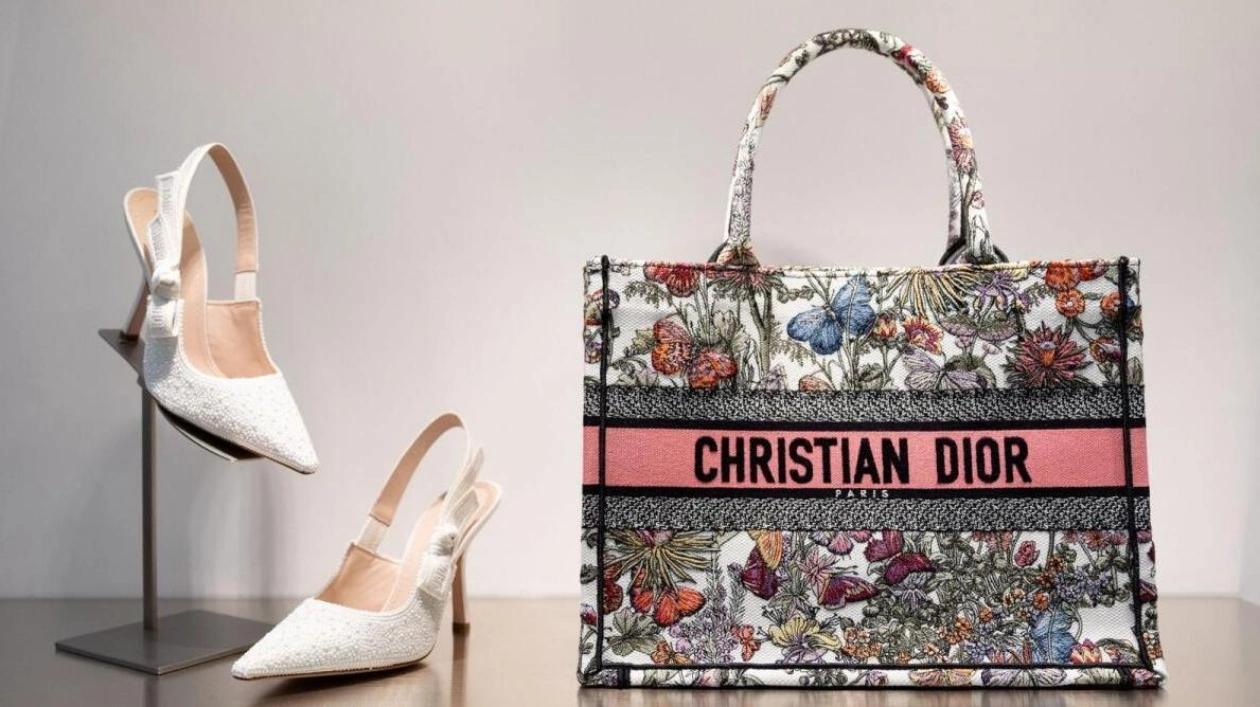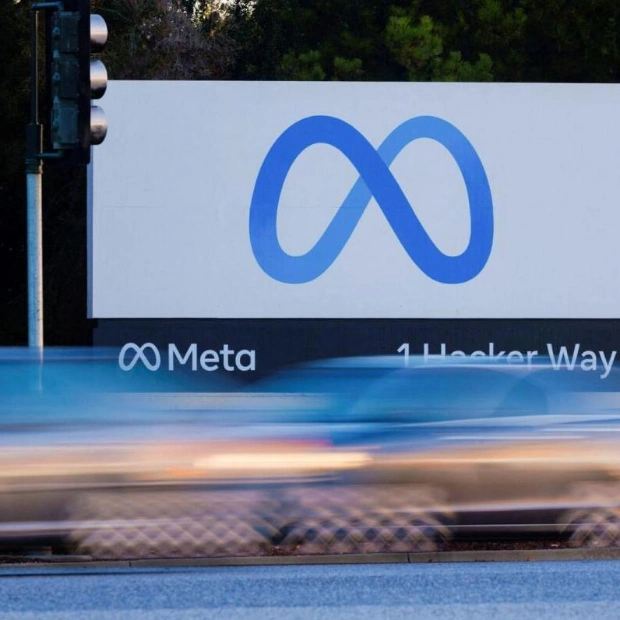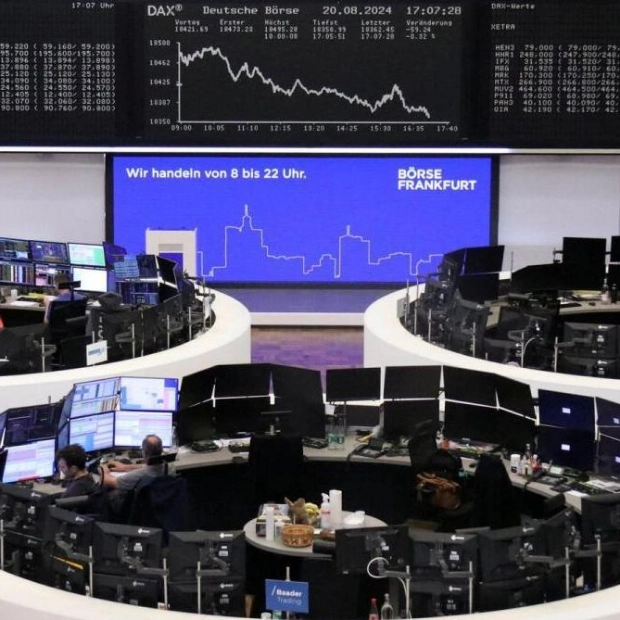Luxury companies must enhance their supplier verification processes to ensure compliance with labor laws, according to proposals from Milan's court of justice across Italy, following investigations into worker exploitation at LVMH and Giorgio Armani units.
The suggested framework, which is not legally enforceable, represents an effort by Milan's magistrates to address what they term as a "generalized manufacturing method" that jeopardizes workers' lives to increase profit margins, as detailed in documents reviewed by Reuters.
Milan prosecutors have been investigating illegal working conditions in sectors like logistics and cleaning for a decade, before turning their attention to the luxury sector, where Italy dominates with half of the global production. This year's supply chain investigations revealed sweatshops near Milan where workers, often undocumented immigrants, lived and worked in unsafe conditions, sometimes around the clock to boost production by removing safety features from machines.
A special commissioner was appointed by a Milan court on Monday to supervise an LVMH unit that manufactures Dior-branded handbags. A similar action was taken in April against an Armani unit.
Fabio Roia, the president of Milan's court system, explained in an interview with Reuters that the proposed scheme was developed with input from court-appointed commissioners who have assisted companies in rectifying supply chain deficiencies in recent years. "On Tuesday, we forwarded the draft proposal to Milan's police chief. Subsequently, Italy's Chamber of Fashion and other associations, as well as individual companies in the sector, will need to adopt it. We anticipate this can be accomplished before the summer break," he stated.
The proposed measures detail methods for conducting effective supplier checks. "We've observed that companies do not invest sufficiently in their control systems. This is primarily a cultural issue, akin to tax evasion," Roia noted.
Based on recent investigations, Milan prosecutors claim that by allowing some employees to work illegal 15-hour shifts, a Chinese-owned supplier could charge Dior as little as 53 euros for a handbag that sells for 2,600 euros. Previous investigations revealed that subcontractors paid workers 2-3 euros per hour for 10-hour days to produce bags that were sold to Armani suppliers for 93 euros, then to Armani for 250 euros, and finally retailed for about 1,800 euros.
LVMH has not responded to requests for comment, while Armani stated it has consistently aimed to minimize abuses in its supply chain. Neither company is currently under investigation.
"The core issue is clearly the mistreatment of people: enforcing labor laws, including health and safety, hours, and pay. However, there is also a significant problem of unfair competition that drives compliant firms out of the market," Roia explained.
"If we could eliminate labor exploitation, profits might decrease, but legal competition among businesses could thrive." Recent scandals involving inhumane working conditions have tarnished the fashion industry, particularly in developing countries, but social media has amplified reputation risks for brands, leading many to internalize some production and reduce the number of subcontractors.
"When we intervene, business owners often claim it's impossible to check subcontractors, but if that's the case, one could, for example, include a clause in a contract prohibiting direct suppliers from further subcontracting," Roia suggested.
Investigations into the luxury supply chain have pointed out instances where there was no formal contract, or where a company served as a front for the actual manufacturer.
"We have limited resources, but our impact extends beyond the companies we directly work with to others as well... considering the significant reputation risks and the potential costs demanded by a court-appointed commissioner," Roia concluded.






